Is Coffee After a Meal a Good Idea?
Is having coffee after a meal a good idea? The answer ultimately depends on your individual preferences and how your body reacts to coffee.


Is Coffee After a Meal a Good Idea?
For many of us, a meal is not complete without a cup of coffee. Whether it's a quick pick-me-up in the morning or a way to unwind after a long day, coffee has become an integral part of our daily routine. But have you ever wondered if having coffee after a meal is a good idea? In this blog post, we will explore the pros and cons of having coffee after a meal and help you make an informed decision.
The Pros of Having Coffee After a Meal
1. Digestive Aid: Coffee has been known to stimulate the production of stomach acid, which can aid in digestion. This can be particularly helpful after a heavy meal, as it can help break down the food and prevent feelings of bloating or discomfort.
2. Antioxidant Boost: Coffee is rich in antioxidants, which can help protect your body against free radicals and reduce the risk of chronic diseases. Having a cup of coffee after a meal can provide an additional dose of these beneficial compounds.
3. Increased Alertness: Coffee contains caffeine, a natural stimulant that can help improve focus and concentration. Having a cup of coffee after a meal can help combat post-meal drowsiness and keep you energized throughout the day.
The Cons of Having Coffee After a Meal
1. Disrupted Sleep: Coffee is well-known for its stimulating effects, and consuming it after a meal can interfere with your sleep. The caffeine in coffee can stay in your system for several hours, making it harder for you to fall asleep or stay asleep at night.
2. Acid Reflux: Coffee is acidic in nature and can trigger acid reflux in some individuals. If you are prone to heartburn or have a sensitive stomach, having coffee after a meal may exacerbate these symptoms and lead to discomfort.
3. Nutrient Absorption: Coffee contains compounds called tannins, which can inhibit the absorption of certain nutrients like iron and calcium. If you rely on these nutrients for your overall health, having coffee after a meal may hinder their absorption and impact their effectiveness.
Alternatives to Coffee After a Meal
If you're looking for alternatives to coffee after a meal, here are a few options:
1. Herbal Tea: Herbal teas such as chamomile, peppermint, or ginger can aid in digestion and provide a soothing effect without the caffeine content.
2. Green Tea: Green tea contains less caffeine than coffee and is rich in antioxidants. It can provide a gentle energy boost without the potential negative effects of coffee.
3. Water: Staying hydrated is essential for overall health. Drinking a glass of water after a meal can help with digestion and keep you hydrated throughout the day.
Conclusion
So, is having coffee after a meal a good idea? The answer ultimately depends on your individual preferences and how your body reacts to coffee. While coffee can aid in digestion, provide an antioxidant boost, and increase alertness, it may also disrupt your sleep, trigger acid reflux, and hinder nutrient absorption. If you enjoy the taste and ritual of having coffee after a meal, it's important to consume it in moderation and be mindful of its potential effects. Alternatively, you can explore alternatives such as herbal tea, green tea, or simply drinking water.
Remember, the key is to listen to your body and make choices that align with your overall health and well-being. Cheers to making informed decisions and finding the perfect post-meal beverage that suits your taste and lifestyle!
Disclaimer: This fact sheet by the “NutrifyTheWorld” provides information that should not take the place of medical advice. We encourage you to talk to your health care providers (doctor, registered dietitian, pharmacist, etc.) about your interest in, questions about, or use of dietary supplements and what may be best for your overall health. Any mention in this publication of a specific product or service, or recommendation from an organization or professional society, does not represent an endorsement by OSD of that product, service, or expert advice.


